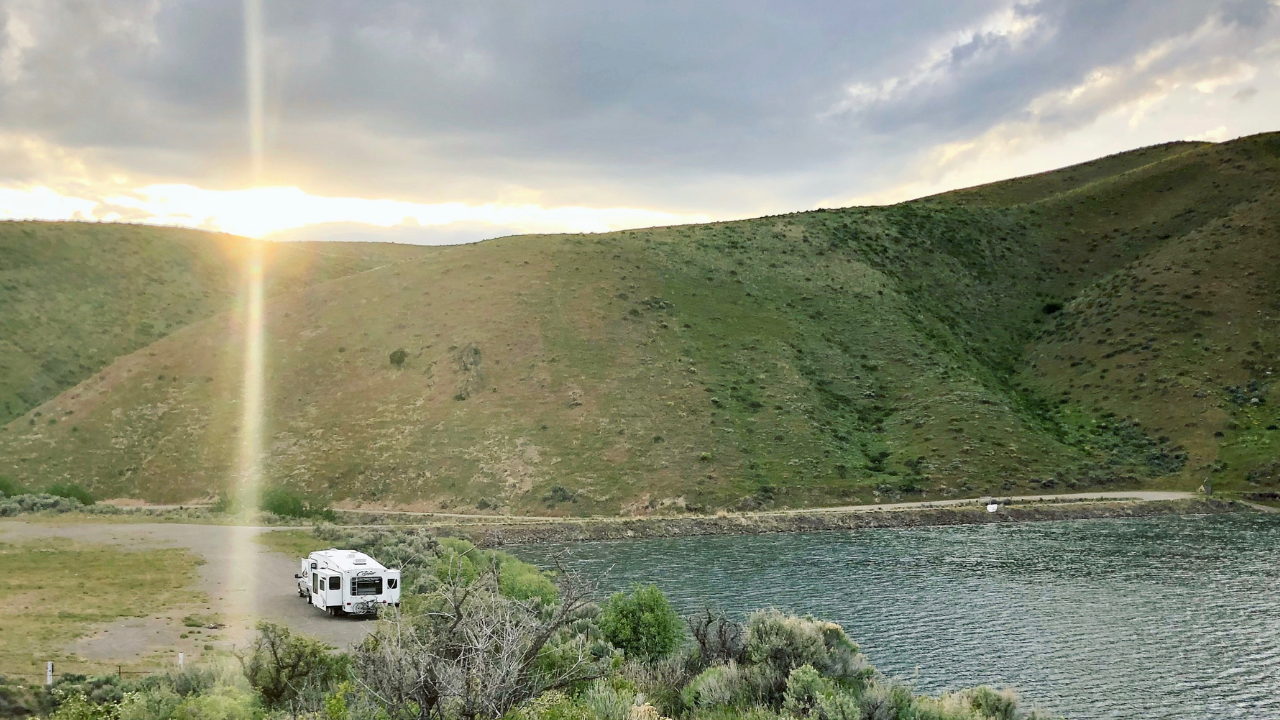When it comes to driving an RV across the country, you’ll be crossing through several different states. Each state will have specific rules and regulations for RVers, and knowing what these rules are prior to your trip will allow for a safe adventure and prevent you from getting an unwanted ticket. Some states, for example, will have seat belt rules while others will not. Each state implements these laws to enhance the safety of each passenger and others on the road, so it’s wise to follow each rule that’s implemented.
Here are specific rules and regulations to look into for the states you intend on traveling to in your RV.
Class Rules
Different classes are going to have different regulations. Any RV that falls into the Class A, Class B, or Class C category is considered a motor vehicle. Fifth wheels and travel trailers are classified differently—they are considered a separate type of vehicle from the one that’s towing them. For this reason, passengers aren’t allowed to ride in them while traveling, in a majority of states. This is because they do not have seat belts nor are they approved for crash testing with airbags. Since motor vehicles are one space, passengers are allowed in the back of them.
Campground Policies and Overnight Regulations
Whether you are booking campgrounds in advance or like to grab sites for free on the fly, it’s good to have general knowledge of campground policies and overnight regulations in the areas you are visiting. You should call the local Division of Motor Vehicles (DMV) in the area you’re visiting to determine where you are allowed to park your RV and for how long. Places like Walmart allow overnight parking for RVers in several states, but you should call the DMV or local manager to confirm.
You should also do research on local campgrounds to see if they accommodate RVs and have full hookups for your RV. If so, you should book these sites in advance where applicable instead of arriving on a first-come, first-serve basis to ensure you get a spot.
Driver License Requirements
Although most states will only require a standard driver’s license, some states will require a Commercial (CDL) or Non-Commercial Driver’s License for certain types of RVs. If you are operating a large travel trailer, you may need a special license. Otherwise, a standard driver’s license is all you need. To know all of the license and registration requirements for your RV, contact the local authorities in each state. If you already have your RV title and identification number for your vehicle, it should be a smooth registration process.
Safety Equipment
Many states will require you to have safety equipment on your RV at all times. This may include flares, reflective signs, and fire extinguishers. In addition, some states will require you to have breakaway switches and safety chains on board. Breakaway switches are like an emergency brake if your rig detaches from the tow vehicle and chains are like a backup brake that prevent the two vehicles from separating on the road. By having the right safety equipment on board, you increase the safety of everyone on the road and avoid getting into avoidable accidents.
Seat Belt Rules
Each state will have a specific set of driving rules that you must follow. Some states require all passengers to be seated while in motion, and many are strict on the seat belt rules. More than 30 states have laws in place where everyone must be buckled in when the vehicle is moving. New Hampshire is the only state without seat belt laws. Even so, you should still have everyone in the RV buckled up while it’s in motion.
Some laws are specific—there are states that only require front seat passengers to buckle in and not back seat passengers. Others will require kids to always buckle in. Because of all the various rules, you should do your diligence to learn the seat belt laws in each state.
Since so many states require passengers to stay seated in vehicles while they’re in motion, that also means that the RV should be pulled over whenever a passenger wants to cook or use the bathroom. It may be tempting to utilize the RV space while driving, but these laws are in place to keep you safe on the road, so you should follow them.
Although obtaining information on different state laws can seem like a hassle, doing your research prior will allow for a smoother trip. You can also make your trip easier by preparing road trip snacks beforehand and reading some tips for safe traveling in your RV. We hope you have a fun and safe trip on your next adventure.
See you on the road!



Share:
Great Smoky Mountain National Park Travel Guide
Medical Care and Health Care While RVing
1 comment
Drivers license….would have been helpful to have more info like who to call, a link to agencies n orphaned numbers or emails
……